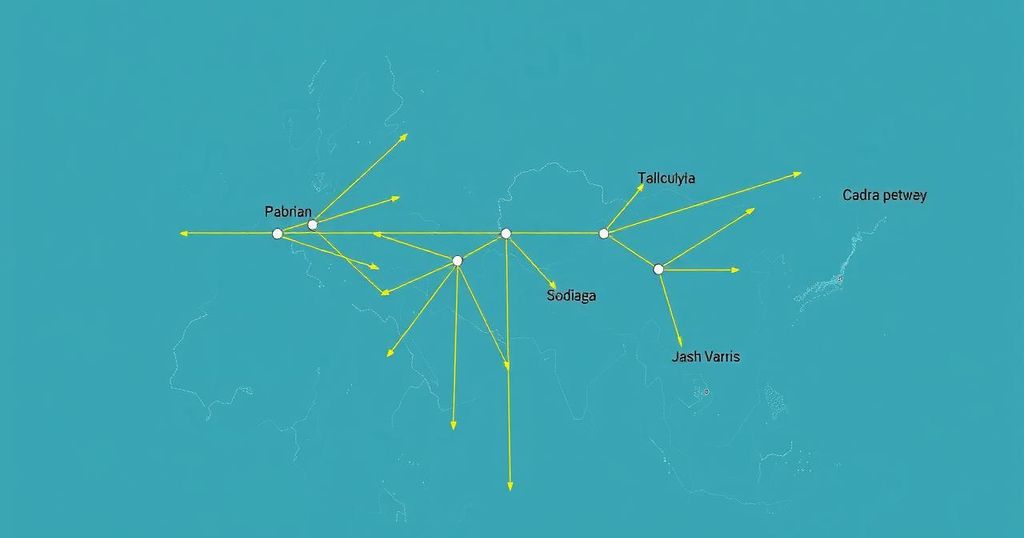A peace agreement between Syria and the Kurdish SDF aims to promote stability in Syria, garnering optimism from Iraqi Kurdish leaders. Despite this, analysts raise concerns about its viability and the challenges posed by geopolitical rivalries. The agreement’s success could have considerable implications for regional stability and Iraq’s security.
A historic peace agreement has been signed between Syria’s transitional government and the Kurdish-led Syrian Democratic Forces (SDF) in Damascus, prompting tentative optimism from Iraqi Kurdish leaders regarding its potential benefits. Political analysts remain skeptical about the agreement’s feasibility, despite its ambitions to establish stability, unity, and democratic reforms in a war-torn nation.
The terms of the agreement emphasize equal political opportunities for all Syrians, with roles in government allocated based on merit. This marks a significant change for the Kurdish community, which has faced marginalization, as it is now recognized as essential to the state, with full citizenship rights and constitutional protections.
Moreover, the agreement entails a nationwide ceasefire and mandates the integration of all civil and military institutions in northeastern Syria under central government control, including critical infrastructure such as border crossings and oil fields.
Iraqi Kurdish political leaders have lauded the agreement, viewing it as potentially beneficial for regional stability. However, the Iraqi government has remained silent on its implications. Fethullah Husseini, a representative of the Autonomous Administration of North and East Syria, expressed that the deal “will establish peace and stability in Syria, thereby positively affecting stability in Iraq.”
Public reactions have been supportive among Kurdish officials. Pavel Jalal Talabani, President of the Patriotic Union of Kurdistan, characterized the agreement as “a positive move towards coexistence and stability.” Nechirvan Barzani, President of the Kurdistan Region, extended congratulations on the agreement, noting the necessity of ensuring rights for all Syrian communities.
In contrast, some analysts are skeptical about the agreement’s implementation. Kamaran Mantik from Salahadin University expressed concerns over the fundamental differences between the Kurds and the Syrian government regarding Syria’s future. He postulated that the agreement could be a tactical move by Damascus to alleviate international criticism.
Mantik elaborated that internal and external geopolitical tensions complicate the situation, particularly with the varying interests of Russia, Turkey, and Israel. U.S. Secretary of State Marco Rubio commended the agreement, while Turkish President Recep Tayyip Erdogan called for its complete implementation, asserting that it would benefit the Syrian people.
As Syria approaches a pivotal moment, the success or failure of this agreement will be crucial in determining whether a lasting peace can be achieved or if longstanding divisions will continue to prevail.
In summary, the recent peace agreement between Syria and the SDF symbolizes a potential turning point for stability in the region. While Iraqi Kurdish leaders exhibit a degree of optimism regarding its positive effects, political analysts critique the agreement’s feasibility amidst ongoing geopolitical complexities. Ultimately, the outcome of this agreement may significantly influence both Syria’s internal dynamics and Iraq’s security landscape.
Original Source: www.newarab.com






